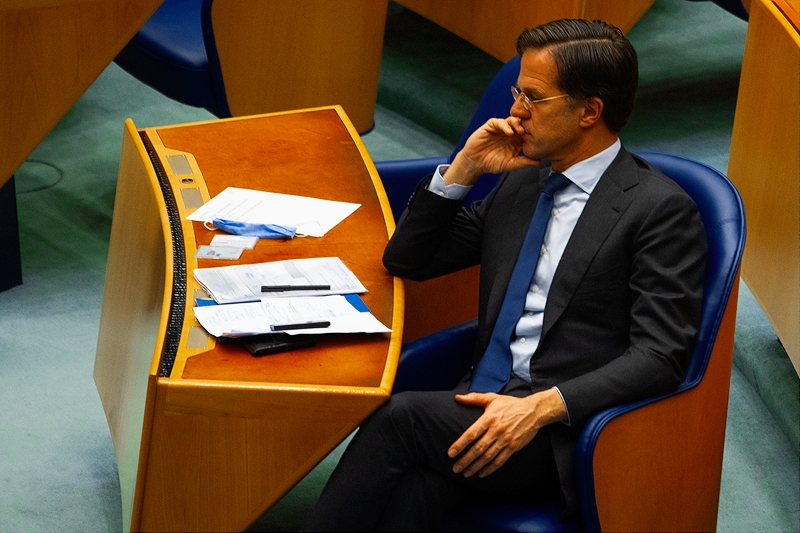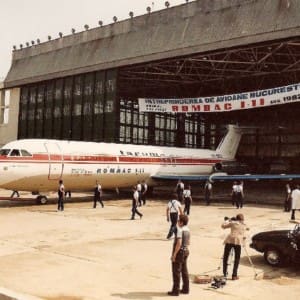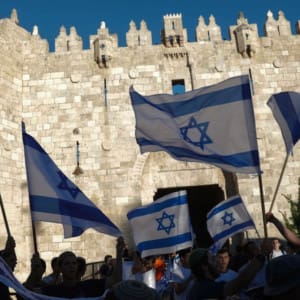Polish public television news channel TVP Info correspondent to Brussels Dominika Ćosić reported that the Netherlands had officially broken off relations with Russia in 2014, following the shooting down of a Malaysian MH17 aircraft which had mostly Dutch passengers. The plane was shot down over Eastern Ukraine by Russian separatists.
Nevertheless, the Dutch government continued to have unofficial talks with Russia, and this included important affairs such as the participation of Dutch companies in the construction of Nord Stream 2 (NS2).
“In this way, PM Mark Rutte’s government lied to not only the public, but also to the Dutch parliament. It is this lying to parliament which caused such a political firestorm in the Netherlands,” Ćosić wrote.
The whole issue was initially revealed by portal “Follow the Money”, according to which Rutte had “imprecisely and incorrectly” informed the lower chamber of parliament about talks with Russia concerning Nord Stream 2. The opposition has demanded an urgent debate in parliament over the matter.
The lower chamber of parliament (Tweede Kamer) received a response from Dutch FM Stef Blok in December 2019 concerning a question on bilateral contacts with Russia. There was no mention of an official working group which held a meeting in Moscow a few weeks later.
Despite Rutte’s assurances to MPs that the talks were a “free exchange of views”, high-ranking ministry of the economy and foreign ministry officials discussed the construction of NS2 in Moscow. The meetings took place through the Join Working Group for Energy Affairs.
Portal “Follow the Money” reported in March 2021 that, in 2017, the Dutch government re-initiated behind-the-scenes diplomatic contacts with Russia. This all happened despite the government officially freezing diplomatic and trade relations with Russia following the 2014 plane tragedy.
Dutch media also reported that Central and Eastern European countries fear that Russia will avoid the gas network in Ukraine and Poland through Nord Stream 2, which will make these countries more susceptible to Russian whims. The region is also worried that Russia will use its stronger position on the energy market to use energy supply as a political weapon.
Several Dutch companies – including Boskalis, Van Oord, and Shell – are participating in NS2’s construction.
Title image: Dutch Prime Minister Mark Rutte listens to the debate in parliament, in The Hague, the Netherlands, on April 1, 2021. (AP Images)






